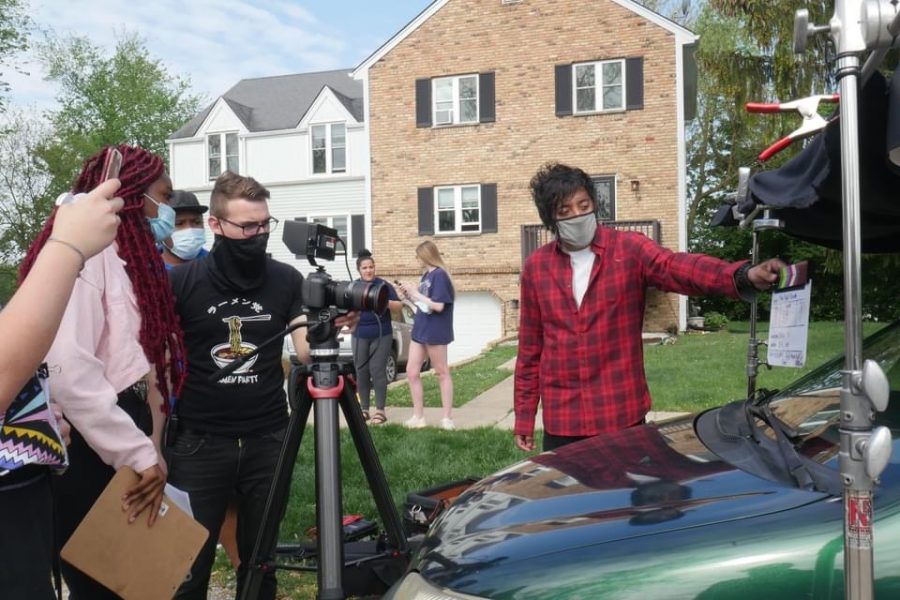Filmmaking Culture Needs to Change
John Rangel, producer, director, and film professor at COD talks about the issues with filmmaking culture.
November 22, 2021
“We can’t be great at our jobs if we’re exhausted. If we’re mentally or emotionally breaking down, if we’re physically breaking down, we just can’t,” said John Rangel, professor of Motion Picture Television at the College of DuPage.
On Oct. 21, Halyna Hutchins, a cinematographer, was fatally shot by Alec Baldwin on the set of the upcoming film Rust just five days after the International Alliance of Theatrical Stage Employees (IATSE) announced an agreement for their new contract. In the new contract, higher wages, safer working conditions and humane hours were agreed upon. Despite this many in the industry, including Rangel, believe unsafe working conditions are still a problem and the filmmaking culture needs to change.
“Immediately there was a strong reaction from the IATSE folks because the way the voting panned out 50.4% of people in the union voted “No” and 49.6% voted “Yes.” How does less than 50% say “Yes” and still get agreed to it”
What is the issue that isn’t being dealt with?
“There were these great Twitter threads and posts where script supervisors, grips etc. were basically saying people think it’s so cool I work on films, and I work 14 hours a day and then have to drive an hour there and back and only make minimum wage. That’s not a sexy job. That’s grueling, and that turns into stress and psychical breakdown,” Rangel explained, “The culture is identical. Nothing has changed because what film production culture relies on is exploitation.”
Rangel, who also works as a director and producer, says despite the rush of filmmaking being fun and exciting it can still be overwhelming and the filmmaking culture has to change and that change has to come from the decision makers.
How can such a fun job become so overwhelming?
“From my perspective, when I’m directing I can go all day, but that’s because I’m so emotionally invested in the movie,” Rangel said. “A grip on my set is not invested the way I am, and they shouldn’t be. So I should never expect the same fervor,” he said, “I’ve had shoots where I’m shooting in one town and I drive 40 minutes to get home and then 40 minutes to get back, and in between that there’s a 12-hour day. That’s a 14-hour day.o for those other 10 hours there’s no life being lived.”
How can the filmmaking culture be changed?
“One of the things I’m doing is I’m telling the students who want to be writers, directors or producers, your job is to create the smart set, your job is to create the set that shoots 8 hour days.”
How is the culture being changed already?
“A couple independent films last year, when they put together their budget they had a line item in there for mental health so anybody who was on the film cast or crew has access to therapists.”
As a producer and director, what changes have you made for better on set safety?
“In film school you’re taught if you finish early, don’t finish early, get stuff ready for the next day. So one thing I try to do is if we finish early, just finish early and let folks go home, another thing is trying to make sure we give people breaks that aren’t just for meals and let the tension go down, because even though it’s f****** cool it’s still work no matter what and so from now on I’m never going to do a 12 hour day ever again.”




















